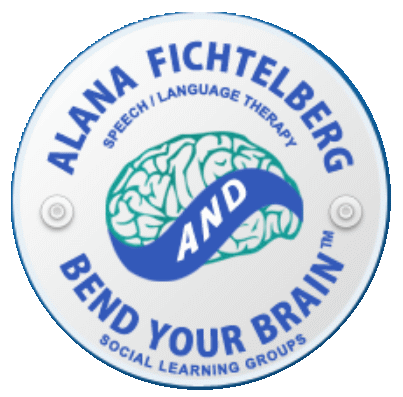Articles
Personal Technology and the Autistic Child: What One Family Has Learned (Wall Street Journal) – Some interesting things to think about – how and why to use technology and video games. This parent was able to use it to not only help her child but also to learn more about her child.
How Disney Gave an Autistic Child His Voice Back (The Telegraph) – The documentary “Life, Animated” relates how one family used their child’s fascination for Disney movies as “Affinity Therapy.”
We Don’t Really Understand Autism In Girls, And That’s A Problem (Huffington Post)
– A large new study finds significant deviations in brain structure and behavior between boys and girls with autism — a finding that could help clinicians to better identify and treat the disorder in both sexes.
Vitamin D Deficiency May be Implicated in Autism – Interesting findings from research into a connection between Vitamin D deficiency and Autism/Social Behavior.
Everything is Unexpected (from ASHA.org) – In our social group, we work a lot on prediction and context, both in stories or in real life. Some research theorizes that “predictive impairment” may be the underpinnings of the difficulties our children encounter. This ASHA article discusses why sensory-laden experiences, such as visits to the dentist, can be so terrifying for children on the spectrum—and how prediction support could quell their fears.
Aging Out: When Autistic Kids Grow Up (from NJ Monthly Magazine) – Increased understanding of autism has vastly improved services for youths on the spectrum. But what happens when those kids turn 21?
ASAN Praises US Dept of Education’s Letter Urging Schools to Look Beyond ABA – A very interesting article discussing the importance of including input from speech/language pathologists in evaluations and services offered to students with autism and other communication needs, and not limiting services only to those offered by Applied Behavioral Analysis (ABA) therapists.
A Boost for Central Auditory Processing Disorder Services (from American Speech-Language-Hearing Association – ASHA.org) – Some parents struggle to get their children classified and receiving IEP services due to Central Auditory Processing Disorder (CAPD). CAPD includes the inability or difficulty to identify the source of a sound; discriminate between sounds; determine similarities or differences in patterns of sound; or sequence sounds into words. By including CAPD as a health impairment under IDEA, an appeals court opens the door to students with the diagnosis to receive school-based services.
It is important to note that while a parent, teacher or even a speech/language pathologist can “feel” or even “know” that a child has this difficulty, the only professional who can actually diagnose this is an audiologist, by conducting certain testing.
